Quiet cat: 7 least noisy felines and how to reduce excessive meowing
Avoid excessive meowing with our guide to quiet cat breeds
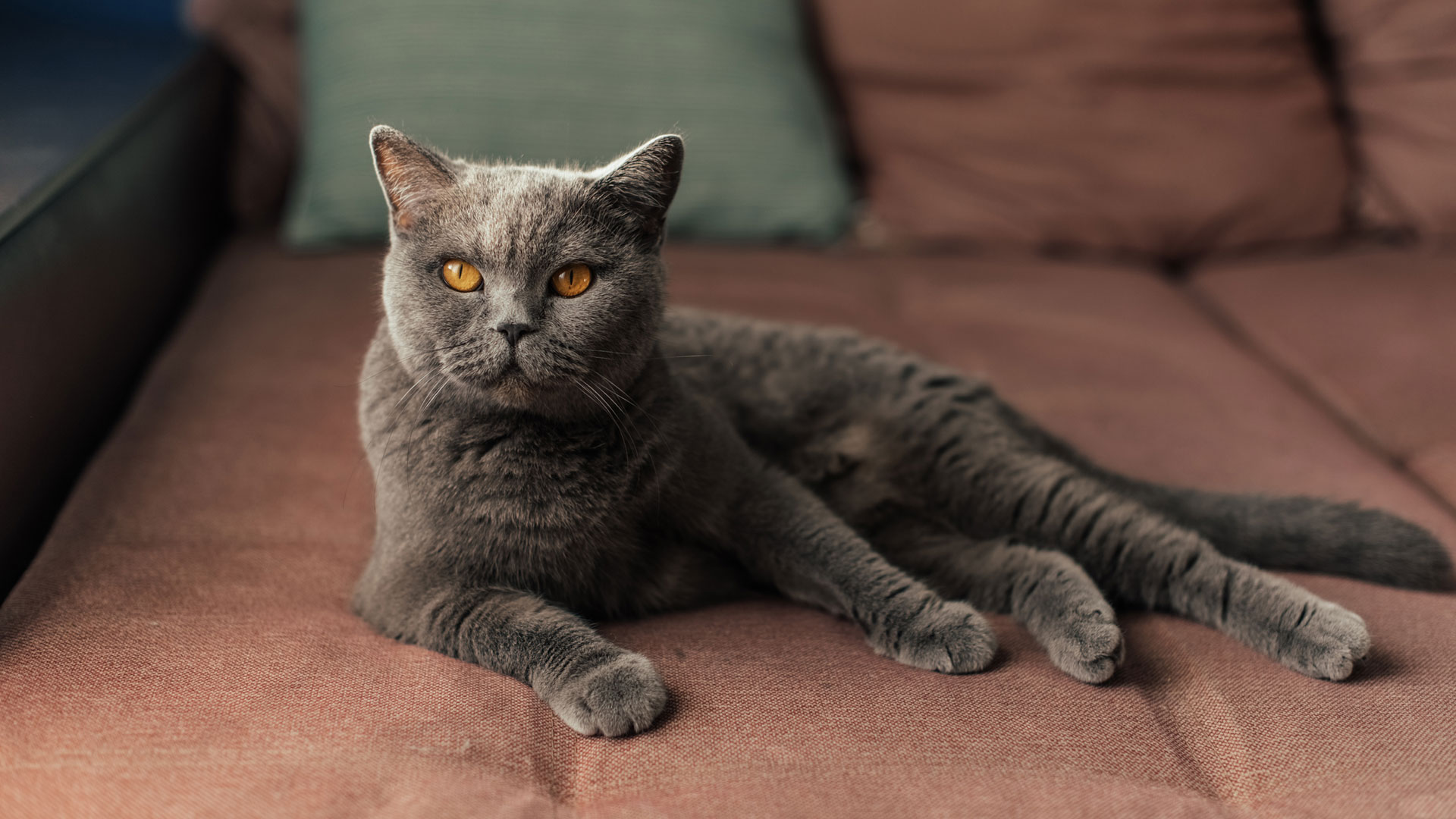
Get the best advice, tips and top tech for your beloved Pets
You are now subscribed
Your newsletter sign-up was successful
A quiet cat can be a wonderful thing to have. While, on the whole, most cats are generally quiet, if you've ever shared a home with an excessively vocal feline it can get a bit much after a while. It can be hard to get on with day-to-day stuff when you have a garrulous cat constantly voicing its disapproval and demanding to see the manager.
Some cats, as you probably know, are naturally extremely vocal. Siamese cats are notorious for their chatty nature, and can make the most awful racket when they're really after attention, and other breeds such as Burmese, Tonkinese and Maine Coons can be similarly talkative; the sort of breeds that have owners questioning their cat's excessive meowing.
However, if you generally prefer your cat to be seen but not heard quite so often, there are some breeds who enjoy a much quieter existence – except, perhaps, when they're settling down for good old purr, and who could possibly object to that?
Below we've listed some of the quietest cat breeds you should look into if you like things peaceful, as well as some tips on what to do if you're plagued by a noisy fluffball.
1. Bengal
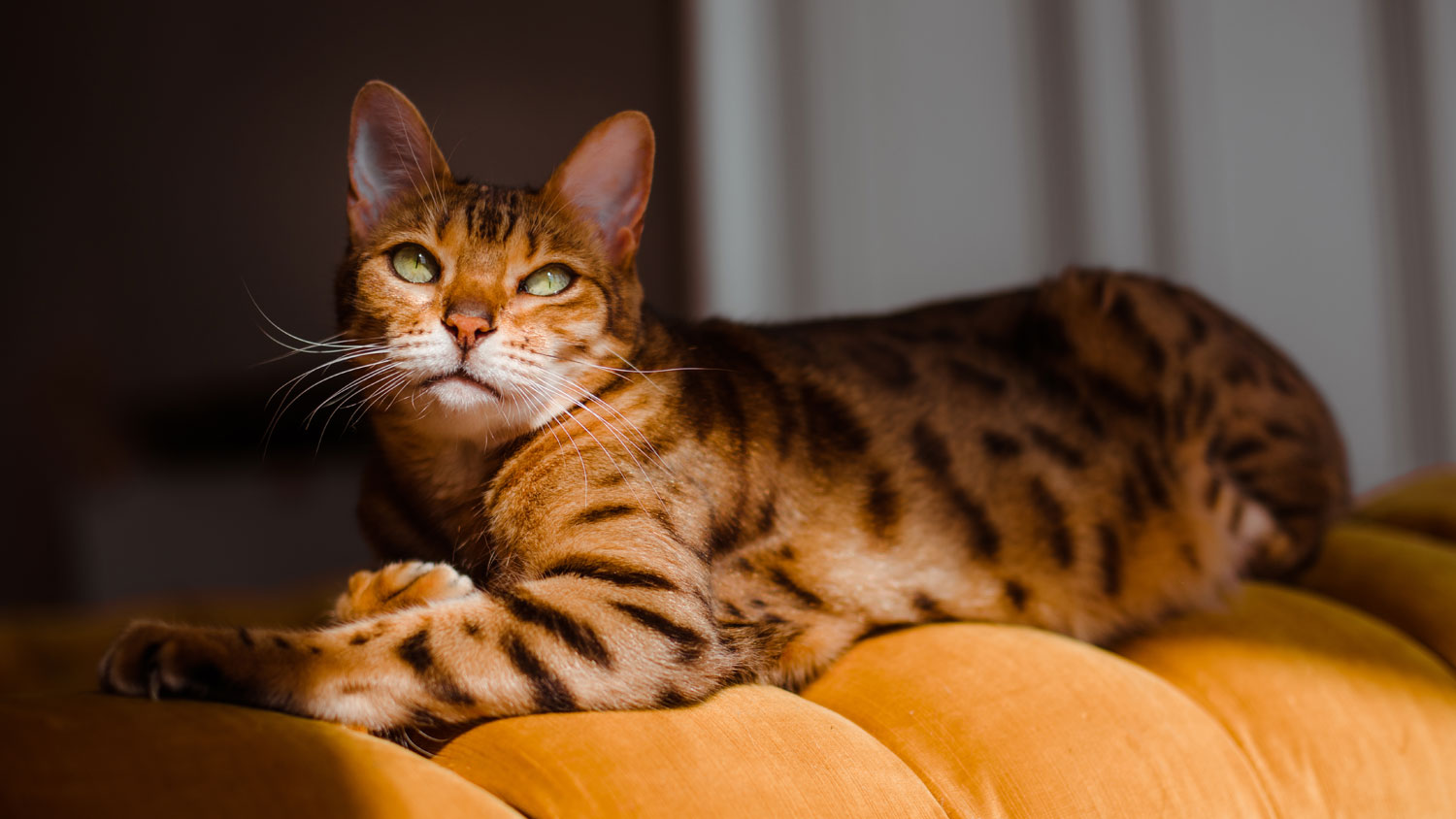
Bengals are big cats with big personalities, but like the leopard cats that were interbred with domestic cats to create the Bengal breed, they're not especially vocal.
Wild cats, on the whole, don't vocalize a lot, and while a Bengal's domestic heritage means that it's not completely averse to a good old meow, the noise you're most likely to get out of one is an especially loud purr.
2. Persian
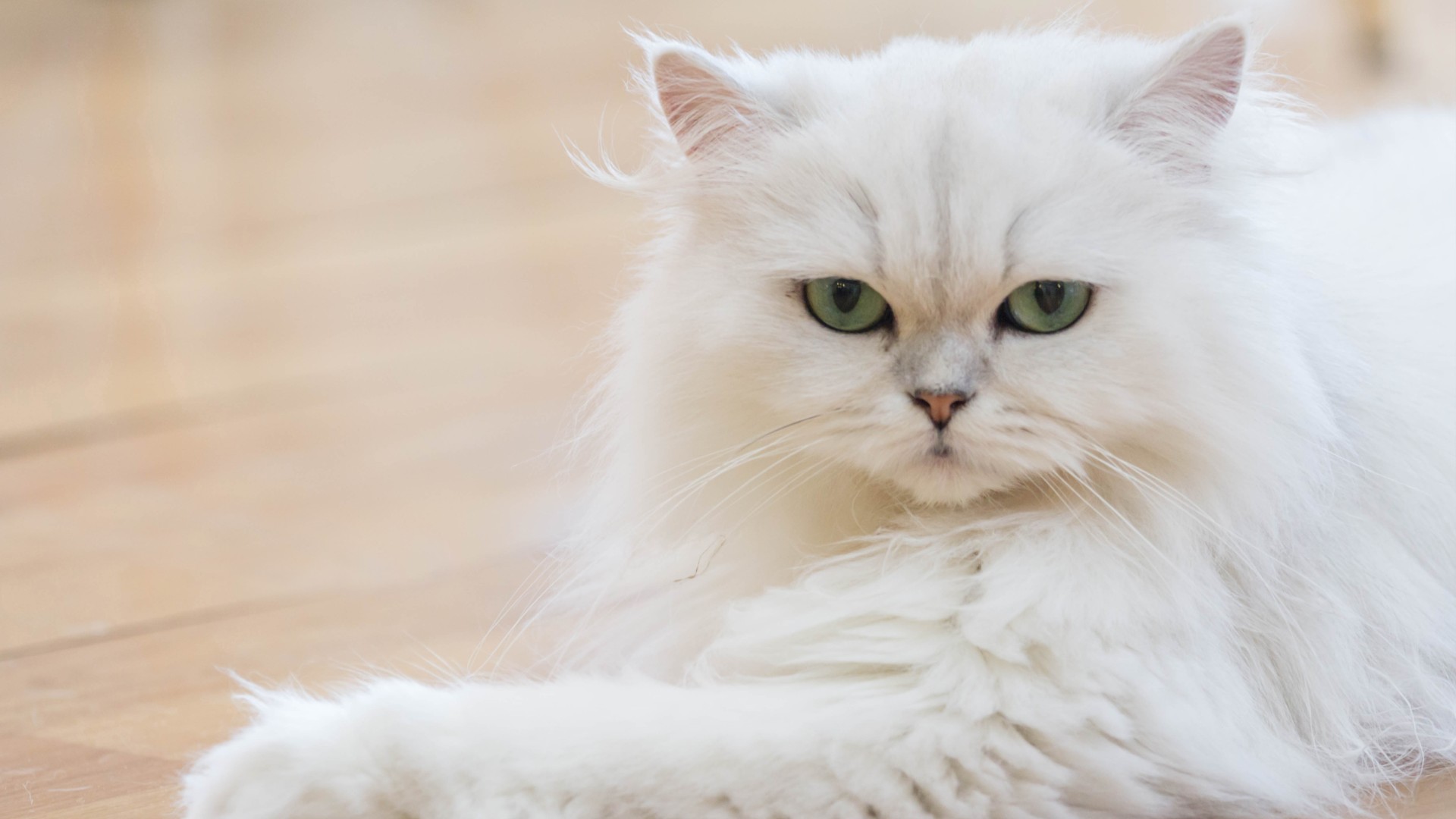
The Persian, with its gorgeous long fur, is one of the most regal-looking cats, and as befits its status it's not one to make an unnecessary noise.
Get the best advice, tips and top tech for your beloved Pets
Persians are also ideal companions if you live in an apartment and need an indoor cat; as well as being quiet, they're generally placid and affectionate as well as being super-clean, however that lovely fur means you'll have to spend a lot of time with the cat comb.
3. Ragdoll
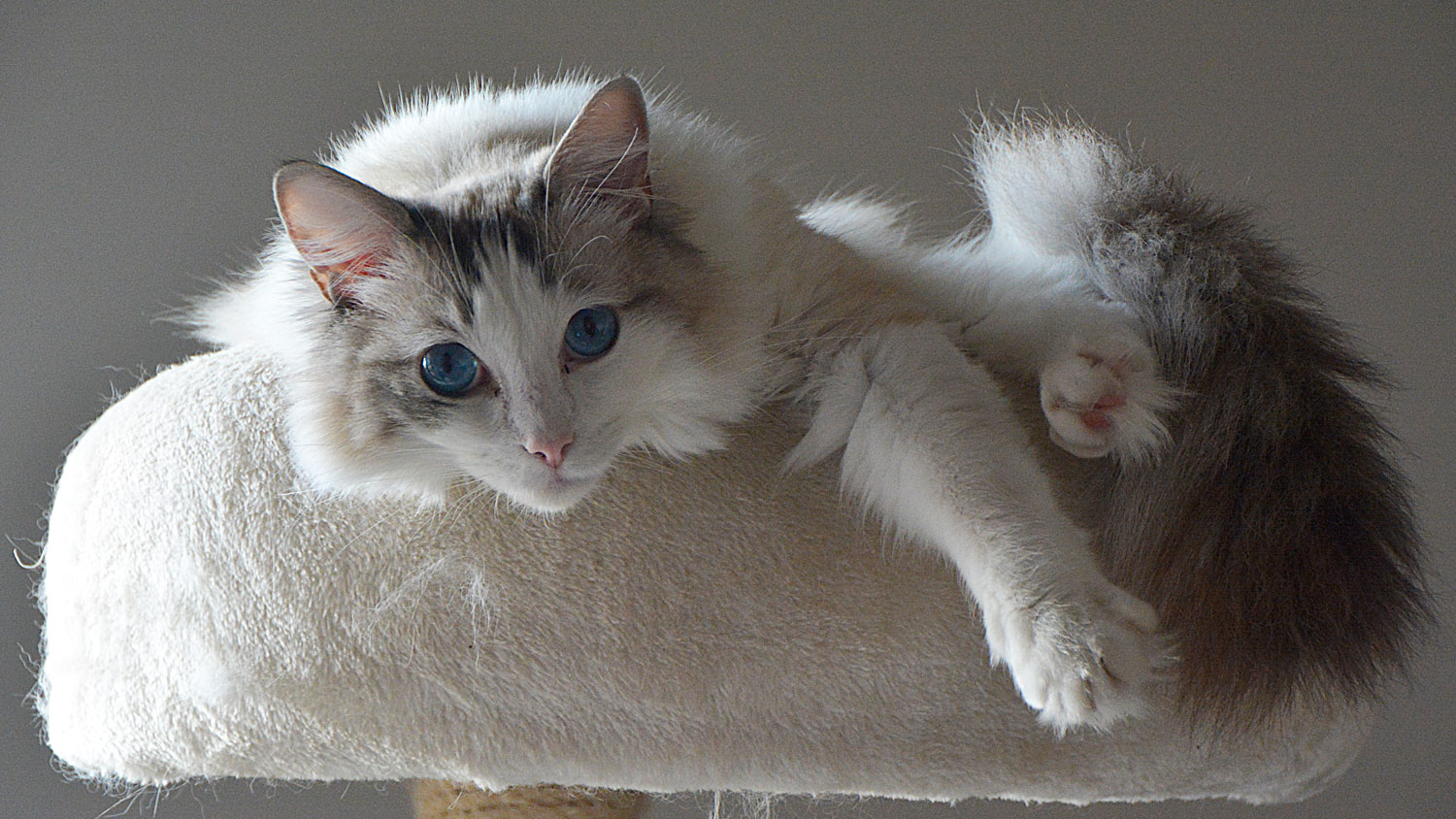
Ragdoll cats were specifically bred to be affectionate, cuddly and thoroughly laid-back, so it should come as no surprise that they're also one of the quieter cat breeds around.
They're almost dog-like in their temperaments, with a tendency to follow their owners around from room to room; in fact, the only time you're likely to hear anything other than a purr from a Ragdoll is when it's not getting enough attention.
4. American Shorthair
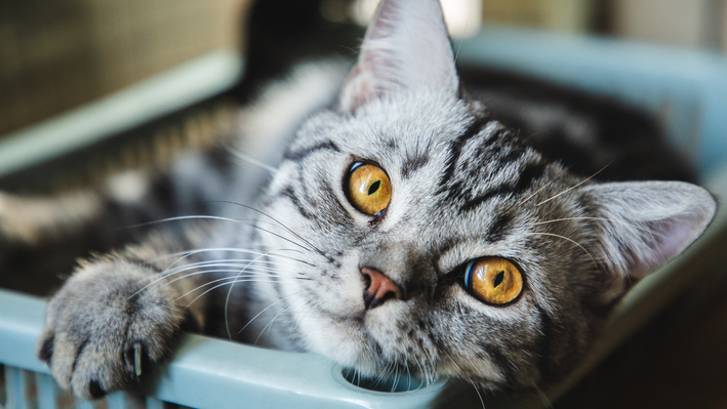
Some cats are more sociable than others, and the American Shorthair tends to be more at the introverted end of the scale; they'll tend to keep away from groups of people and hide in their own secret space until they've gone away, and who can blame them for that?
What this also means is that they're not the kind of cat to clamor for attention, which means you won't have to put up with constant meowing when the food bowl's empty.
5. British Shorthair
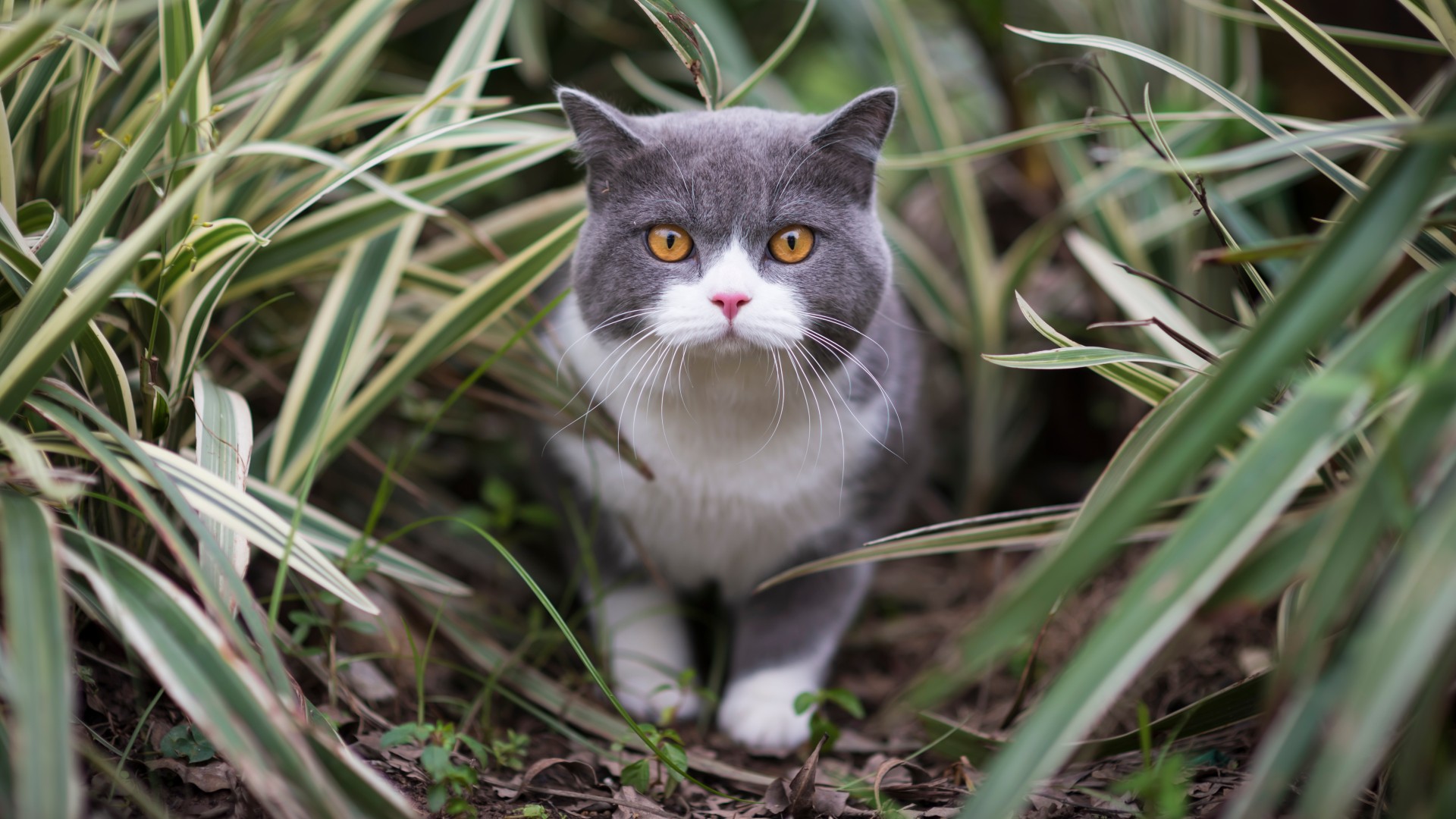
The British Shorthair's expression gives it an air of quiet aloofness, which of course is the entirely proper way for one of Her Majesty's loyal subjects to behave, but it is in fact quite a sociable and affectionate cat, at least within its family.
It's more stand-offish around strangers, but then that's most likely because it hasn't been properly introduced. And whatever social situation it finds itself in, it's very definitely a quiet and polite kitty.
6. Russian Blue
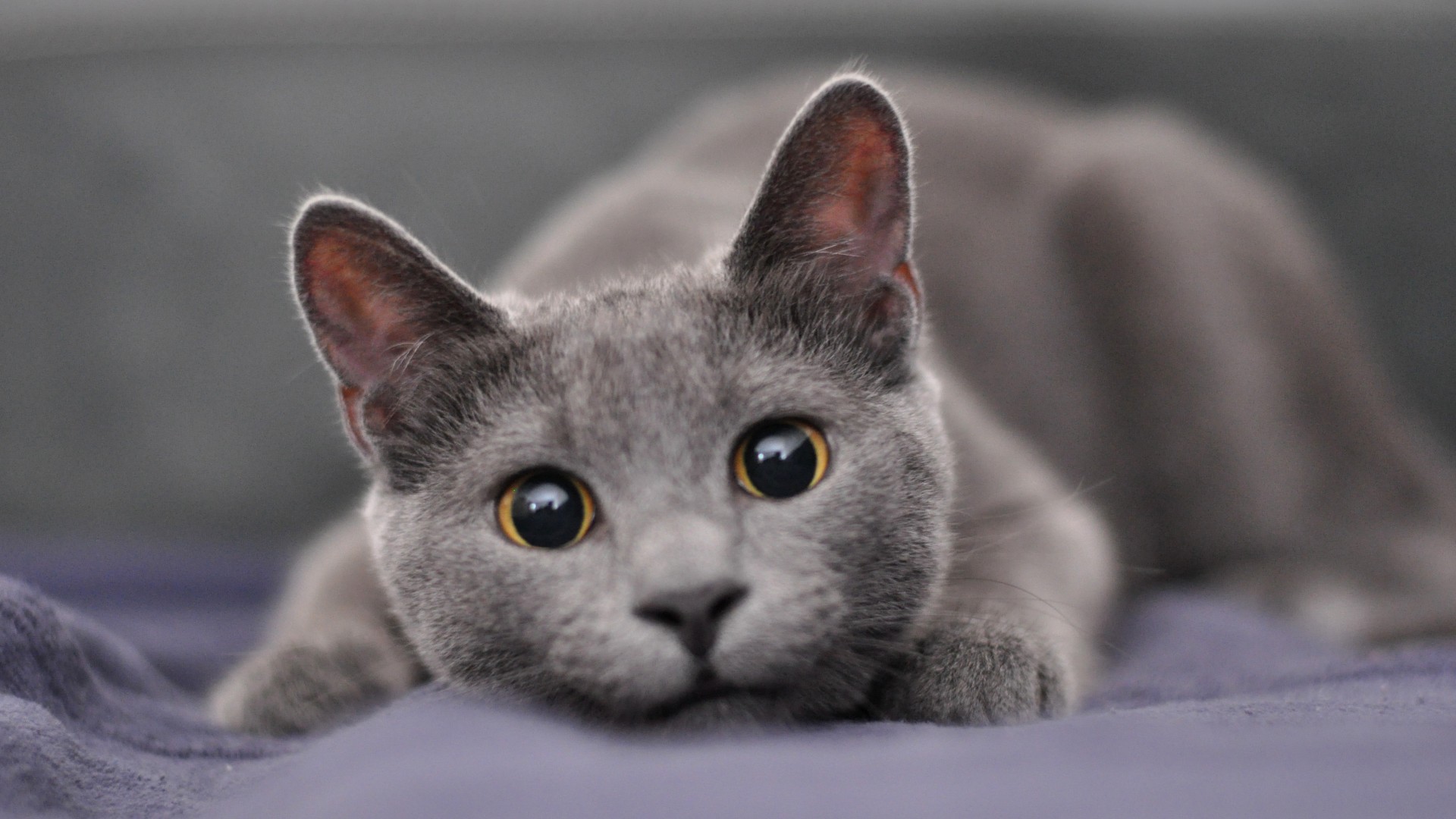
Another distinctly regal feline, the gorgeous Russian Blue is another cat that generally goes easy on the vocalization, and is often especially reserved around strangers.
However they can be incredibly friendly with friends and family, and unlike many cats they have a definite ability to remember the faces of humans that they like, and will rush to greet them even if it's been ages since the last visit.
7. Birman
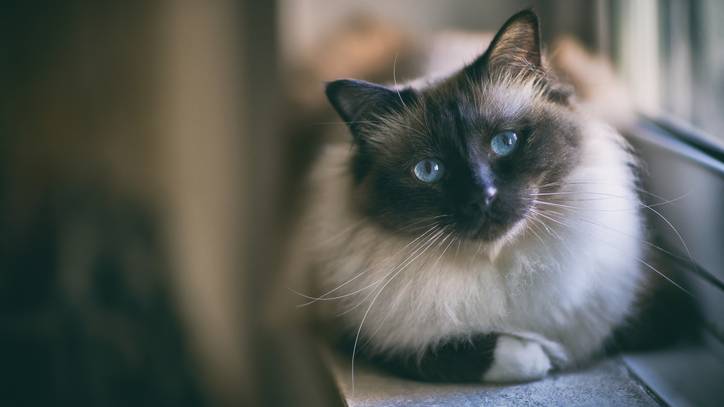
Also known as the Sacred Cat of Burma, the Birman's yet another incredibly beautiful cat, with gorgeous long fur and an affectionate, gentle and curious demeanor.
And while it's not a silent cat, it's not hugely talkative either; that said it does have a tendency to territoriality, so if you let your Birman out there's a good chance of being disturbed by yowling as it sees off any intruder cats.
How to reduce excessive meowing
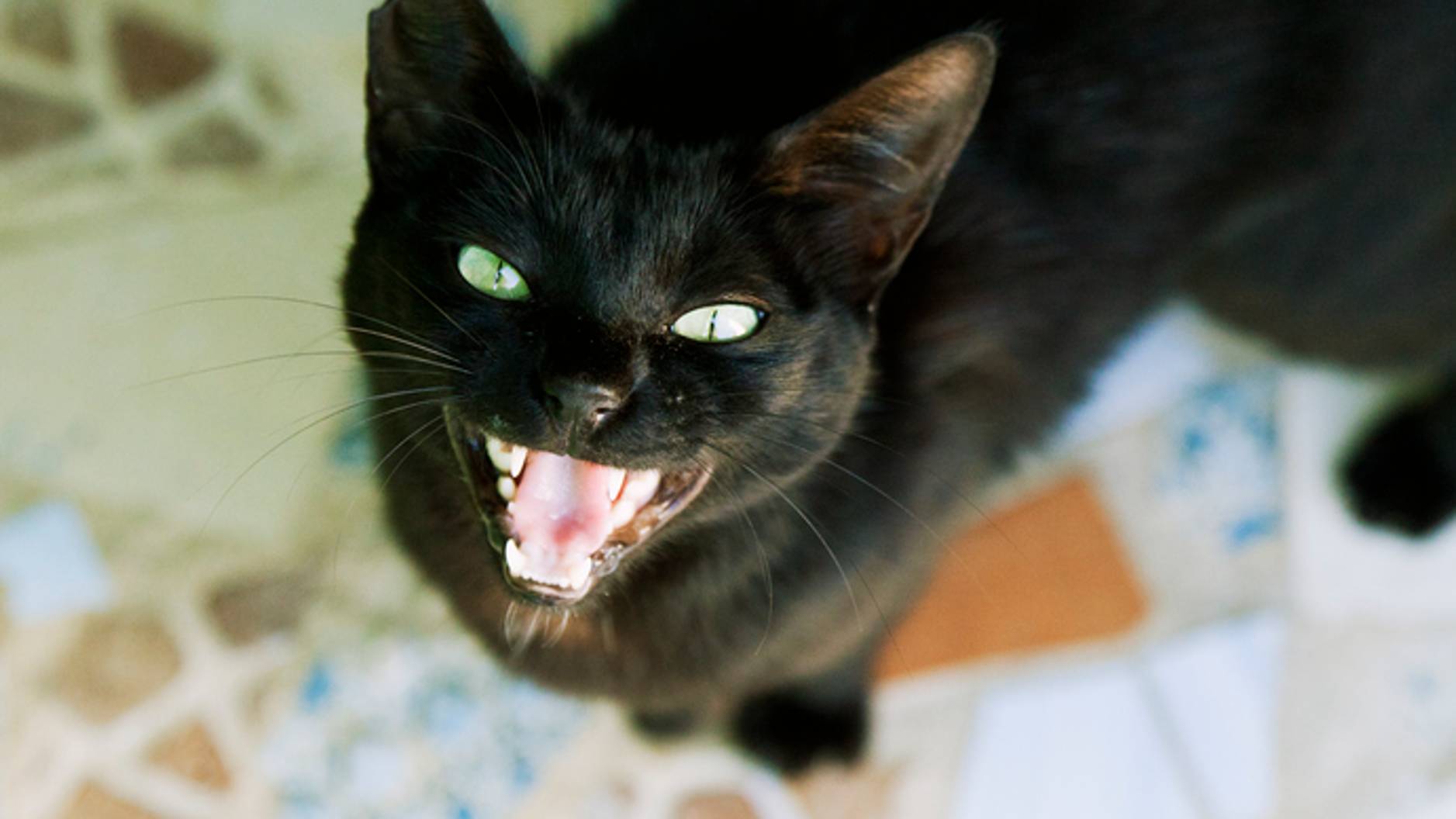
We've looked at a selection of the quieter cat breeds, which is great for anyone on the lookout for a new feline chum, but that's not a lot of use for anyone whose current cat makes too much noise.
So what can you do about a cat that meows excessively?
At night
As is so often the case with cats, it depends on why your cat's doing it; if it's keeping your sleep with its incessant noise, see our guide on how to deal with a cat meowing at night.
Day-to-day
For more general excessive meowing, he most likely reason is that it's after attention, or if it wants something (such as its next meal). The best way to address this is by ignoring it, and this can be tricky, because at first your cat will probably start meowing even more to get what it wants. Stick to your guns and keep on ignoring it; eventually it'll get the message that this way of getting your attention no longer works.
Another reason for an overly-meowing cat could be that you've encouraged it by replying whenever it meows at you, and it's become an adorable habit. But again, if the meowing gets too much you can tackle it in the same way by ignoring it; kitty might be taken aback that the conversations have ended, but it'll get used to it sooner or later.
Sudden onset of excessive meowing
However if your cat's suddenly started meowing – or worse, yowling – a lot more than usual, it could be the sign of something that requires a vet's attention.
If you have an unneutered female it might simply be that she's in season (in which case she'll carry on until she's mated or spayed), but in other cats, especially older ones, it could be their way of letting you know that they're not well.
It can be really hard to diagnose a cat illness just from the fact that it's vocalizing excessively, but this and other sudden behavioral changes are definitely signs that you should get it checked out by the vet.
Jim is a writer, performer and cat-wrangler based in Bath, who last year adopted a pair of sibling rescue cats who turned out to be effectively feral, and has spent a lot of time since then trying to get them accustomed to people (some success) and each other (ongoing project).

